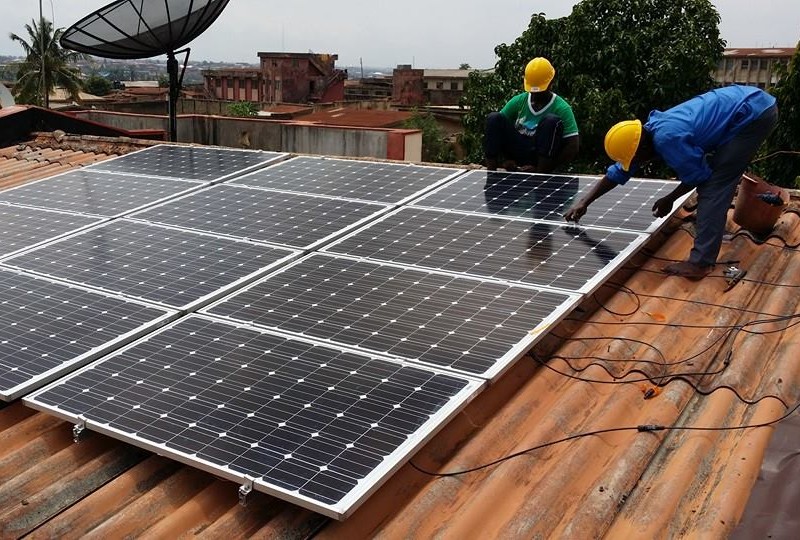
NIGERIA: ROGEAP launched for electricity access via green mini-grids
This regional project aims at electrification through mini-grids powered by renewable energy.

This regional project aims at electrification through mini-grids powered by renewable energy.
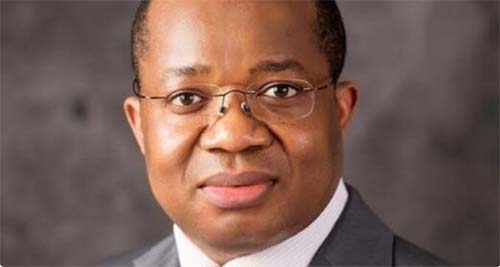
“Nigerians have always taken electricity as a social product which should not be paid for. It is difficult to pinpoint when, exactly, this attitude emerged; but it stands to reason that as electricity from the grid became increasingly unstable (and so served as a back-up power source to most people rather than their primary source), people stopped paying for a product they were not receiving,” Okeke said.

Yet Nigerians have continued to battle poor power supply with the situation worsening last week when the country’s power grid collapsed twice causing a huge black out across most parts of the country.
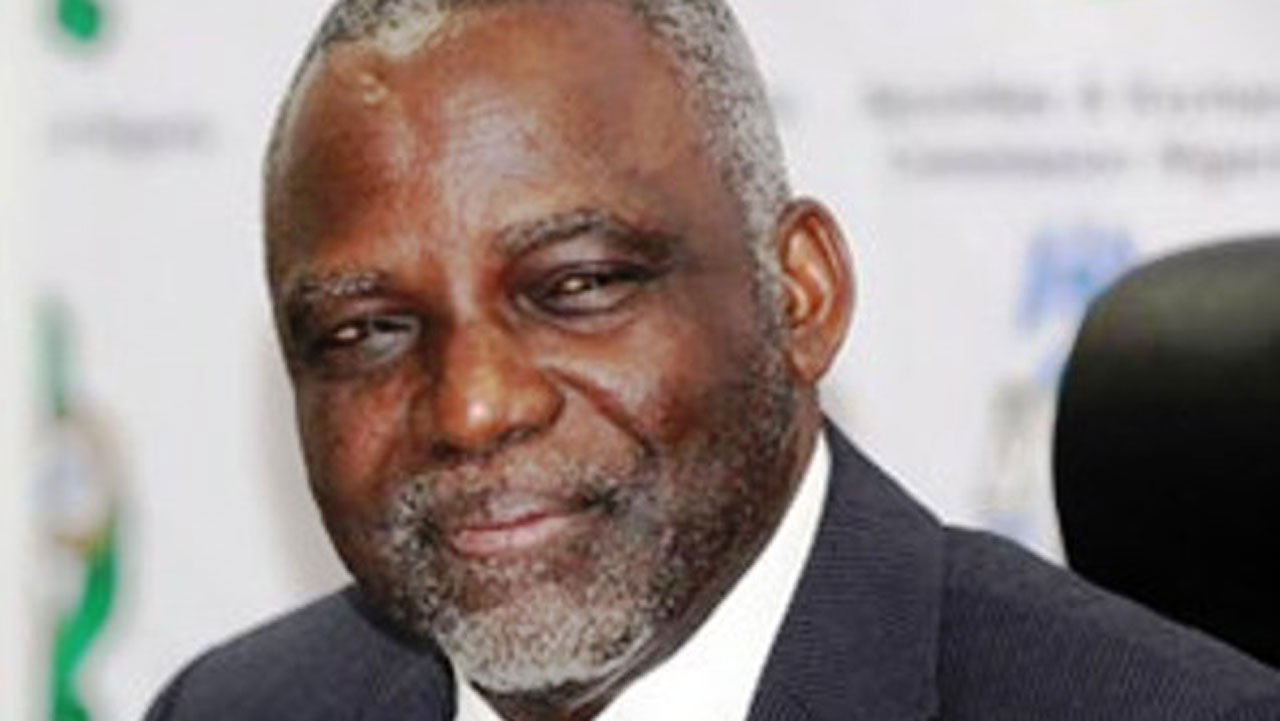
“If we are going to be a mid-level economy, then we should clearly be talking about having the sort of power supply that Brazil has, which is over 100, 000 megawatts. If we are going to have 100, 000 megawatts of power supply, then we need to have transmission lines to match that capacity, but we don’t have it”.
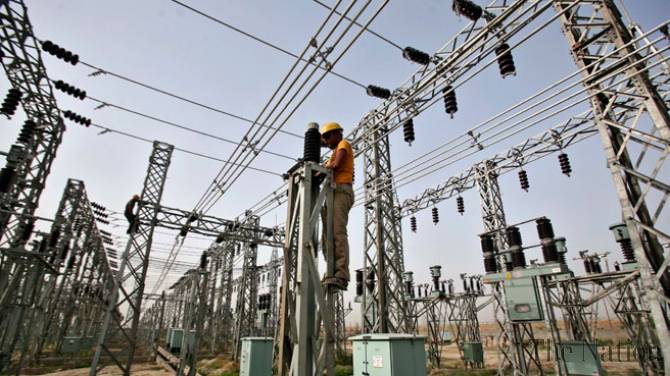
Specifically, the company said it plans to raise average available capacity to 677MW and 166MW for TPL and TAPL respectively. The current available capacity for TPL and TAPL are 539MW and 120MW respectively.
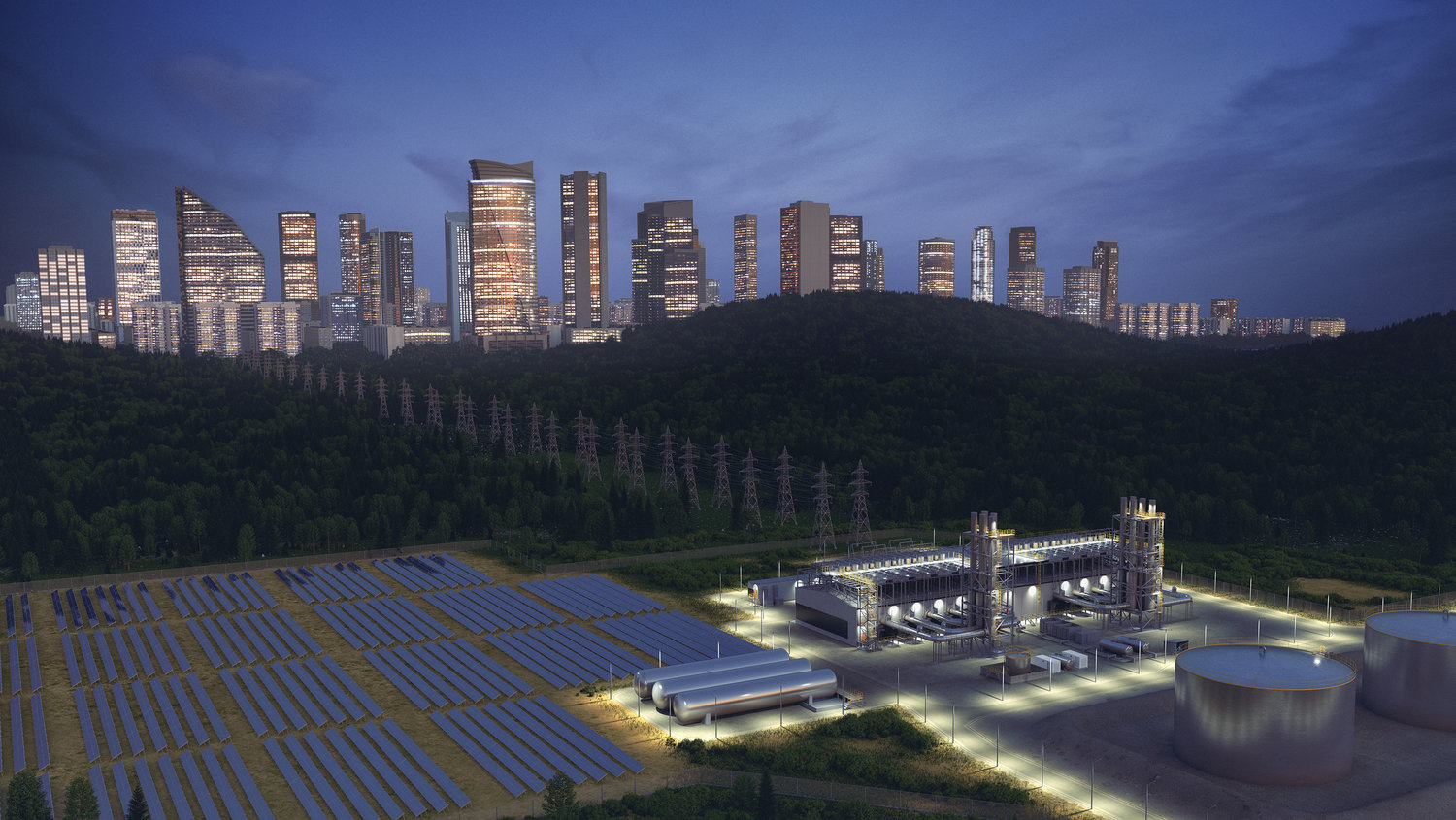
This strong track record, built up over decades, has its roots in a dedicated local presence combined with the capability to bring together international expertise to build groundbreaking energy solutions.
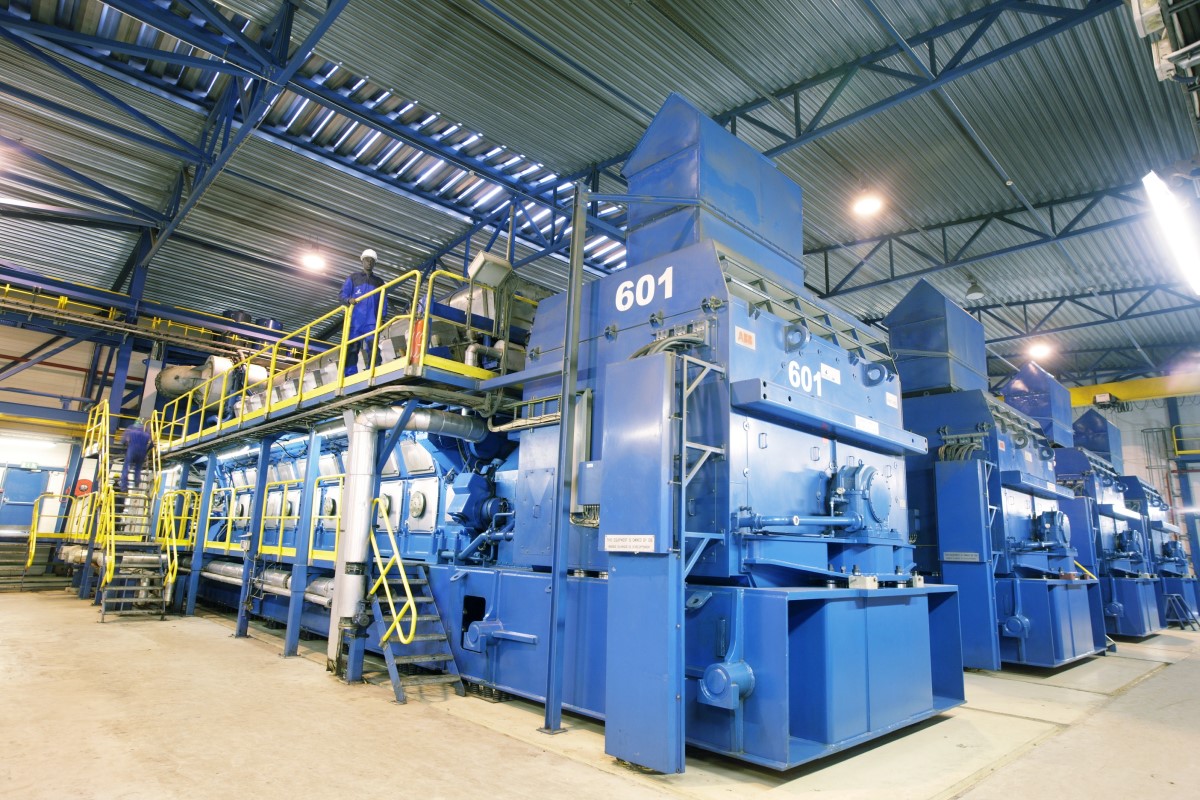
The technology group Wärtsilä will supply a 70 MW captive power plant for the BUA’s new Sokoto cement production plant in Nigeria. The new plant is required to supply the energy for an off grid additional cement production line. This follows an order for a 50 MW power plant from the same customer just two years earlier. This latest extended engineering and equipment order was booked in Wärtsilä’s order intake in October 2021.

I am convinced that everything we need for the power sector to succeed is available to us. We must ensure that all stakeholders work together as a family to improve the lot of the power sector.
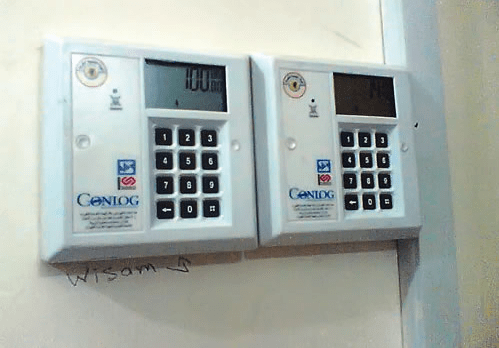
About six million power users are still paying for electricity through estimated bills despite the various metering schemes adopted by the Federal Government and operators since the sector was privatised in November 2013.
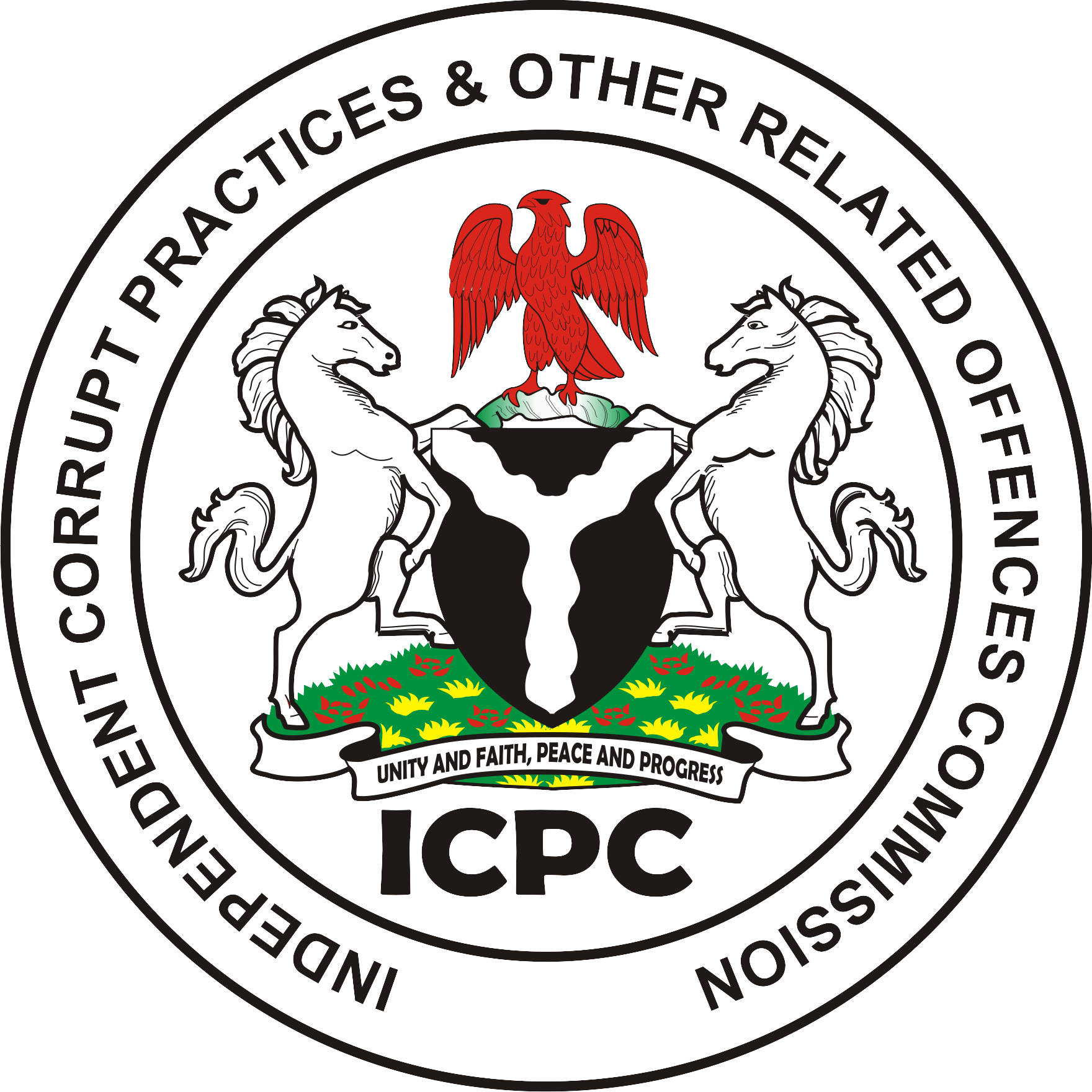
The Independent Corrupt Practices and Other Related Offences Commission (ICPC) yesterday moved against corruption related matters arising from estimated billings, illegal sale of meters and other related offences in the electricity sector.